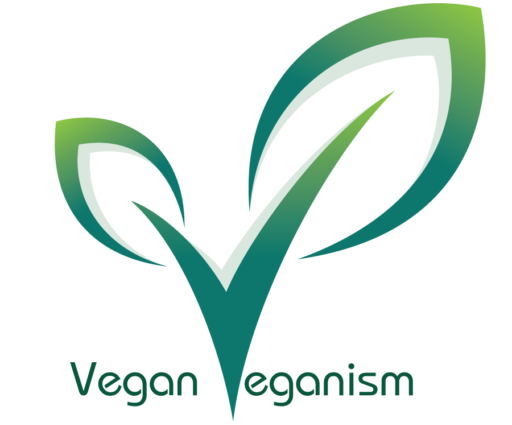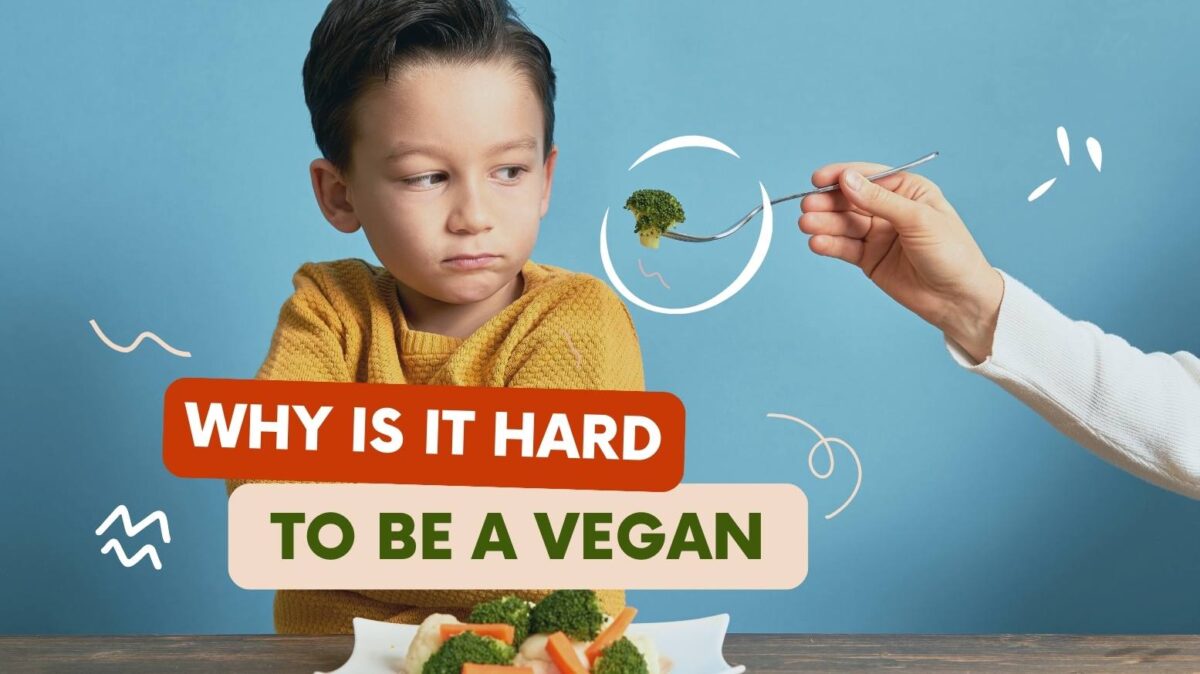Adopting a vegan diet is a praiseworthy choice motivated by moral, ecological, and medical factors. The trip is not without difficulties, though. This essay addresses the many facets of veganism, from social dynamics to nutritional complexity, and offers solutions for overcoming these challenges.
Cultural and Social Barriers
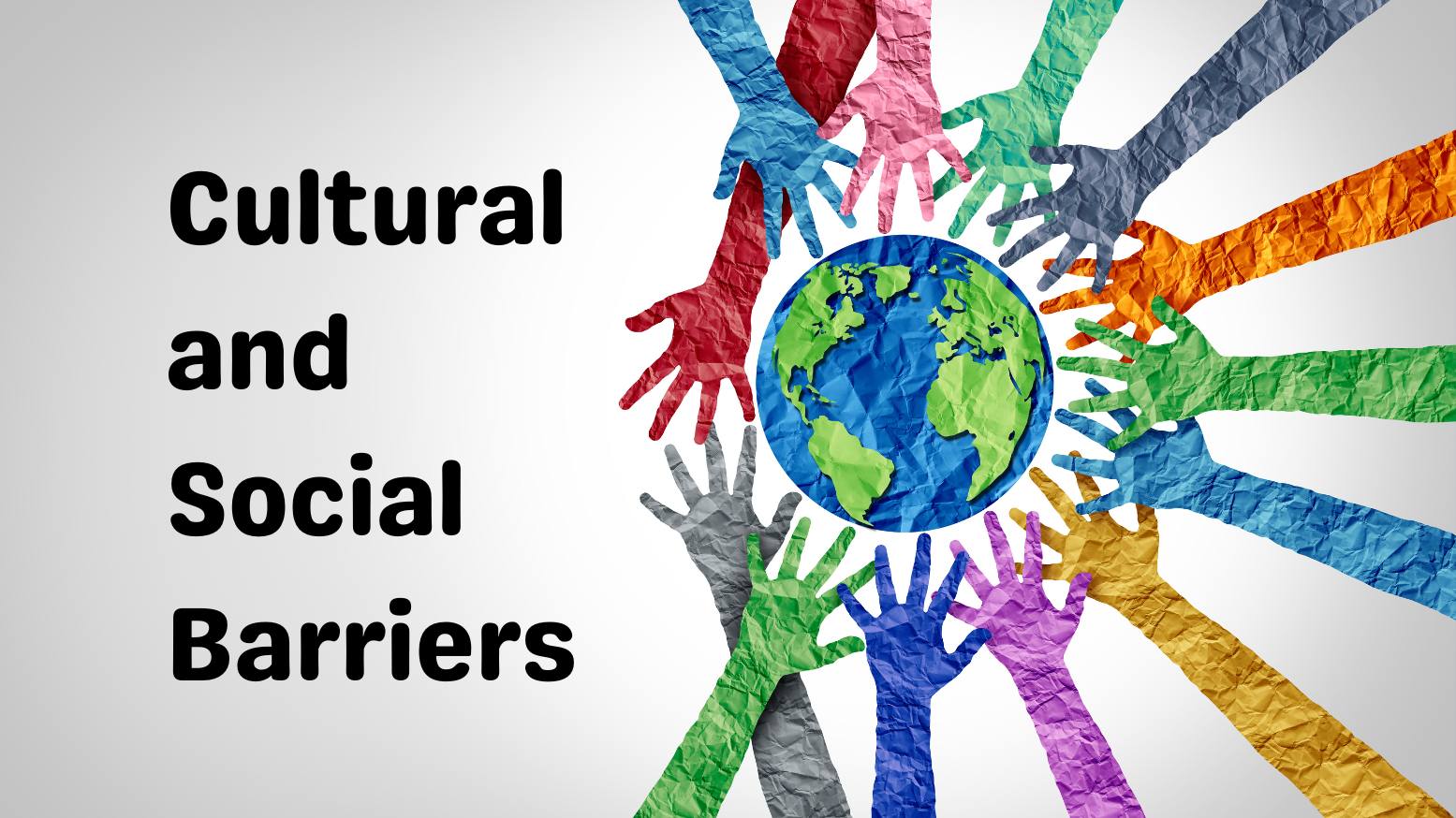
Restricted Options
There aren’t many vegan options when dining out or attending social gatherings. Feelings of loneliness are exacerbated in areas where there are fewer vegan-friendly establishments.
Managing Social Norms
Food is a major topic at social events, therefore vegans may encounter suspicion or interest. Managing criticism and jests can be emotionally taxing, putting one’s dedication to the way of life to the test.
Nutrition-Related Considerations
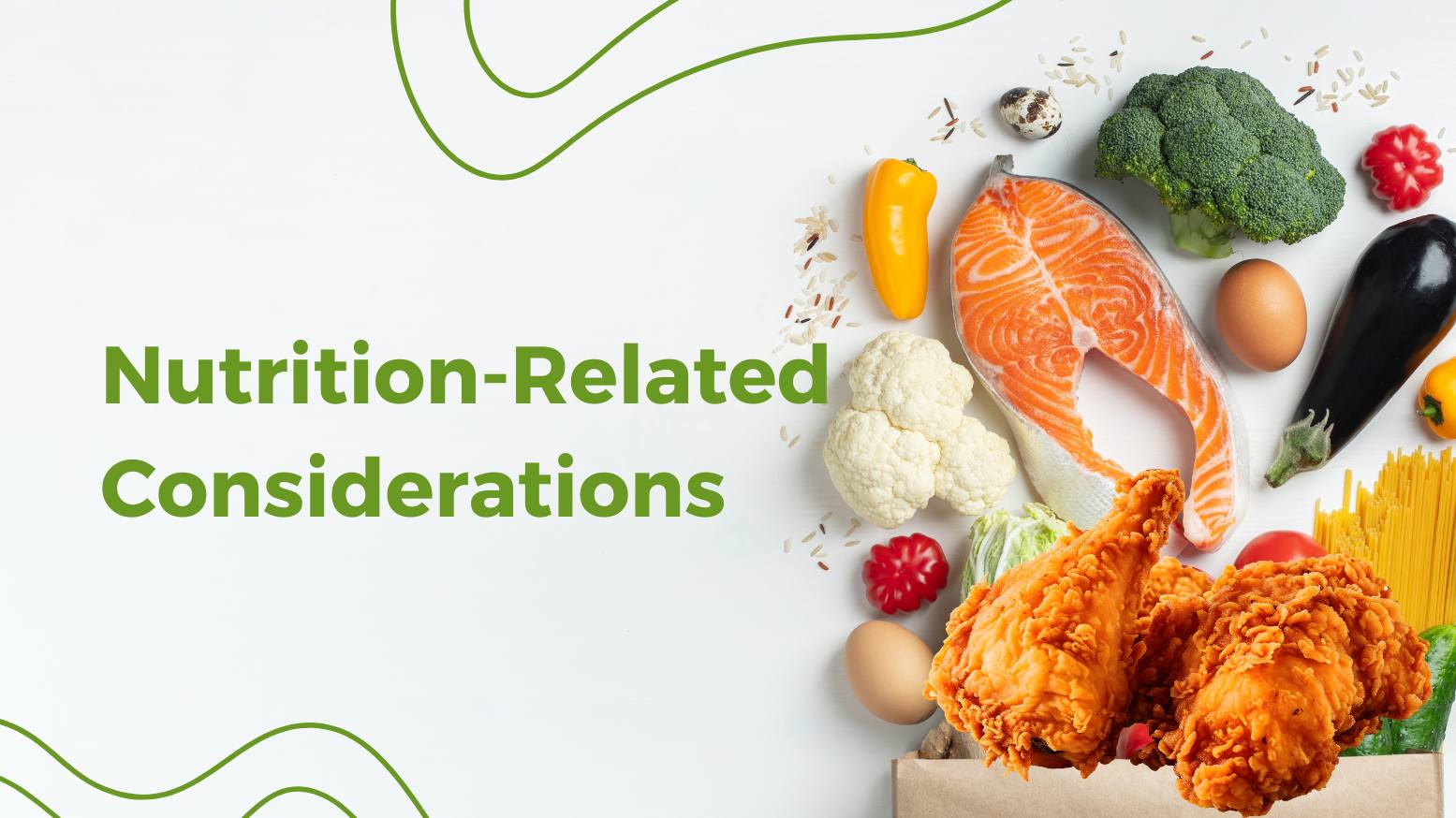
Satisfying Nutritional Needs
It takes careful planning and possibly supplementation to ensure an adequate intake of critical nutrients. It can be quite demanding to balance omega-3 fatty acids, protein, iron, and vitamin B12.
Cost and Accessibility
Although the number of plant-based substitutes is rising, it is still difficult to locate alternatives that are reasonably priced, particularly in underdeveloped areas. More obstacles may arise from scarce resources.
Debunking Myths
It can be mentally exhausting to sort through false information regarding vegan diets and confront deeply held societal views regarding the necessity of animal products.
Individual Challenges
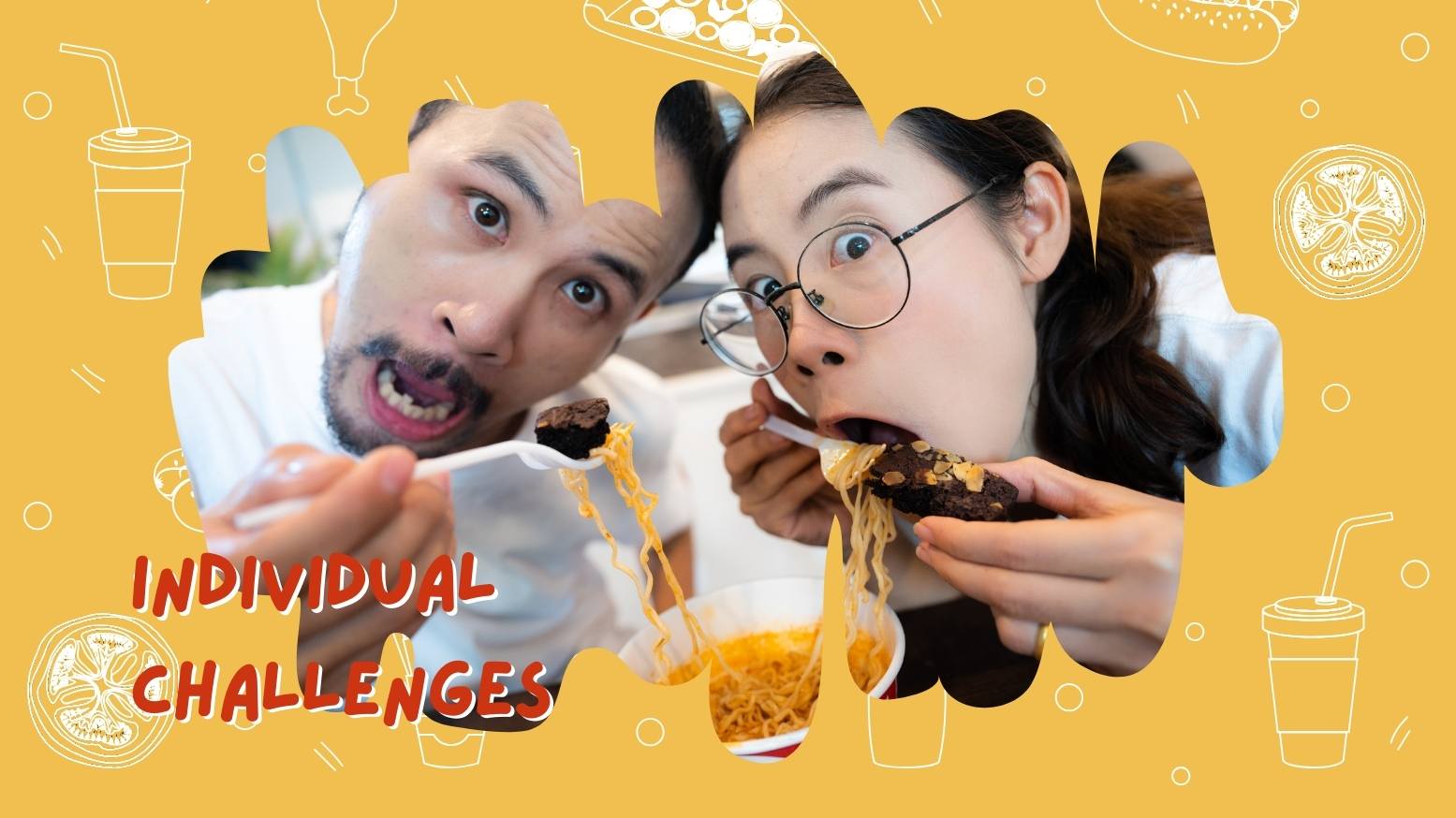
Cravings and Emotional Eating
Shifting away from comfort foods can cause cravings, which can make following a vegan diet more difficult. There is also the problem of using food as a coping strategy.
Self-Doubt and Judgment
Within the vegan community, internal conflicts and uncertainties regarding personal behavior can result in discouragement and feelings of inadequacy.
Reevaluating Personal Values and Ethical Reasons
Ethical reasons must be balanced with changing circumstances if a person is to stick to a long-term vegan diet.
Proceeding with Compassion and Assistance
Creating a Support System
Seeking out a mentor, joining local vegan organizations, or interacting with internet forums can offer support, information sharing, and a feeling of community.
Putting Progress First
It’s important to celebrate minor triumphs, make small changes gradually, and be forgiving of occasional slip-ups to maintain a fun and sustainable vegan path.
Open Communication and Education
Having civil discussions, busting myths, and opening up about personal experiences can help bring about good change and strengthen bonds with friends and family who are not vegan.
Acknowledging the difficulties associated with veganism while cultivating a welcoming and encouraging atmosphere enables people to make knowledgeable decisions. The vegan path becomes more than simply a personal commitment; it becomes a community effort to create a society that is more humane and sustainable by admitting setbacks and celebrating victories.
You may also like:
- Why did you go vegan
- What are the main reasons you do not want to go vegan
- Is it possible for a vegan to ensure that no animals are harmed in the production of their food without growing it themselves
FAQs
1. Do I have to give up all my favorite foods if I go vegan?
Not necessarily! Many delicious plant-based alternatives exist for the most popular dishes. While some adjustments are needed, the variety of vegan options continues to expand rapidly.
2. How can I deal with social pressure and judgment from family and friends?
Open communication and education are key. Share your values and motivations respectfully, and be prepared to address common myths and misconceptions. Seek support from other vegans or online communities for understanding and encouragement.
3. Will I get enough nutrients on a vegan diet?
With careful planning and potential supplementation, a vegan diet can meet all your nutritional needs. Consult a registered dietitian or nutritionist familiar with vegan diets for personalized guidance.
4. Isn’t veganism expensive and inconvenient?
While some vegan products can be pricier, numerous affordable options exist, especially when focusing on whole foods like fruits, vegetables, beans, and grains. Meal planning and exploring local markets can help manage costs.
5. What if I occasionally crave non-vegan foods?
Cravings are normal! Acknowledge them, but find healthy alternatives or indulge mindfully in moderation. Don’t beat yourself up – focus on overall progress rather than perfection.
6. Is veganism right for everyone?
There’s no one-size-fits-all answer. Evaluate your motivations, resources, and lifestyle to see if veganism aligns with your values and needs. Remember, even small dietary changes can contribute to a more sustainable and compassionate world.
